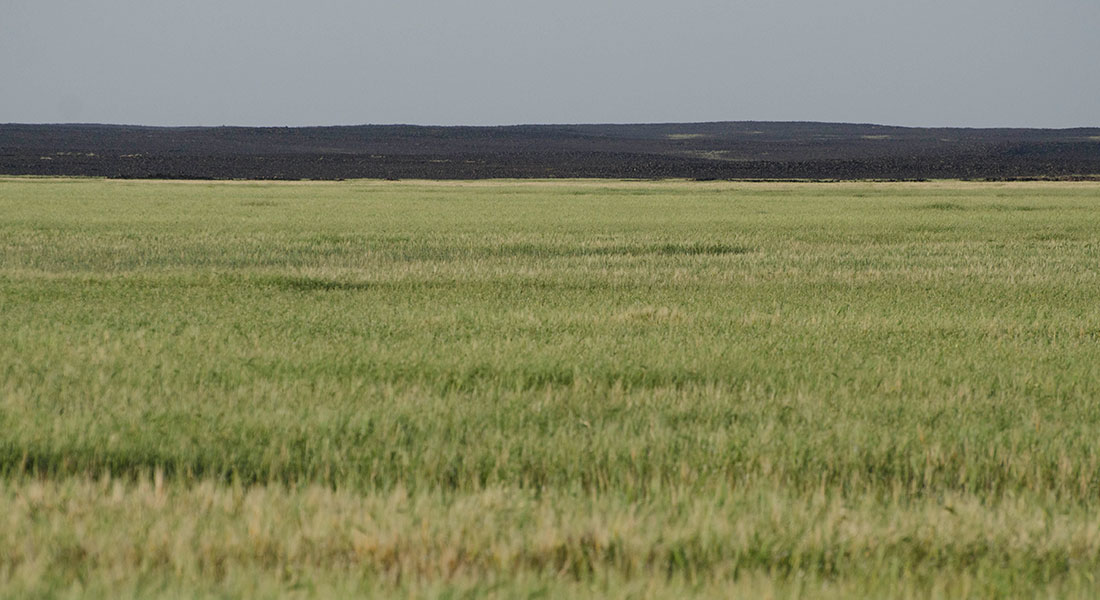Archaeologists to contribute to major new research project on ancient DNA
Professor Eske Willerslev has been awarded a grant of up to DKK 585 million by Novo Nordisk Foundation and the Wellcome Trust to study ancient environmental DNA. Researchers from the Near Eastern Archaeology section will play an important role in the project.

Archaeologists based in the Near Eastern Archaeology section at the Department of Cross-Cultural and Regional Studies (ToRS) are part of a major new 7-year research project headed by Professor Eske Willerslev and funded by the Novo Nordisk Foundation and the Wellcome Trust.
The Ancient Environmental Genomics Initiative for Sustainability (AEGIS) will use ancient environmental DNA to study the evolution of the modern agro-ecosystem and how this information can be used to create more resilient crops for the future.
Agriculture first developed in the Fertile Crescent of southwest Asia 12000 years ago, a period that archaeologists at ToRS are specialised in.
‘We will not only be advising on the best sites to sample for ancient environmental DNA, but also help to interpret the results by comparing the genetic data with the archaeological record’, says project co-PI Tobias Richter, Associate Professor in Near Eastern Archaeology at ToRS.
‘The emergence of agriculture was a very complex process that involved climate change, crop biology and genetics, as well as humans. Our role will be to provide an important bridge between biology and culture. This is an incredibly exciting project for us to be involved in, not only because it will allow us to study the domestication process first-hand using genetic data, but also because it shows how crucial archaeology can be to help us build a more sustainable agricultural system in the future.”
Contact
Associate Professor Tobias Richter
Centre for the Study of Early Agricultural Societies
University of Copenhagen
Phone: +45 27 20 36 05
Email: richter@hum.ku.dk
